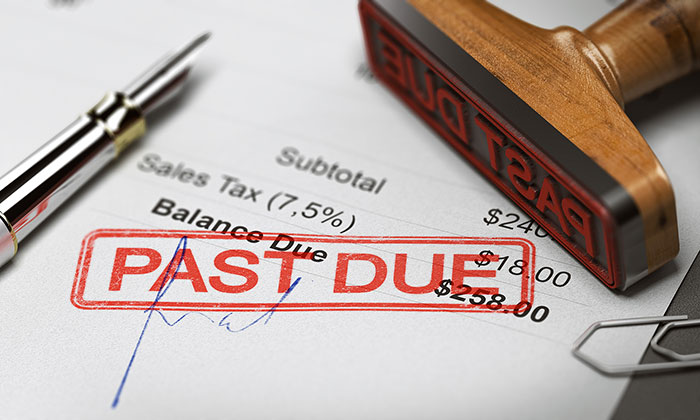Debt Collection Harassment
Are you being harassed by debt collectors? We can help!
Just because you owe a debt does not mean that a debt collector can engage in harassing and other unacceptable behavior. State and federal law prescribe rules that a debt collector must follow when attempting to collect a debt. The lawyers at the Consumer Justice Law Center have a successful track record of holding banks and other debt collectors accountable under these consumer protection laws.
If you have been harassed by a debt collector or are unsure whether a debt collector’s behavior constitutes harassment, contact us to discuss.
What is Collection Harassment?
Although there is no exact definition of harassment, it could take many different forms. Some common examples include:
- Asking you to pay more than you owe: Debt collectors may not attempt to collect more than what you actually owe. This can include fees that you never agreed to pay as part of the original debt such as attorneys fees and costs and higher interest rates.
- Threats: Debt collectors cannot threaten you with certain conduct if you don’t pay the debt. Some common examples include threatening to: (1) sue you when the creditor has not intent of doing so; (2) have you arrested and face criminal prosecution; and (3) take your property (cars, homes, furniture) when there is no basis to do so.
- Contacting Third Parties about your Debt: Having a friend or family member learn about your debt could be embarrassing and debt collectors recognize this fact. As such, debt collectors may not speak to other people about your debt unless it is to locate you.
- The Written Notice Requirement: A debt collector must send you a written notice providing the amount of the debt, identifying the creditor, and that you have 30 days to dispute the debt in writing.
- Disputed Debt: If you notify the debt collector, within 30 days of your receipt of the Written Notice that you dispute the debt, the debt collector has 30 days to provide you with written verification and validation of the amount of the debt and to who it is owed. Until the debt collector provides this information, they may not contact you or attempt to collect the debt.
- Cease and Desist: Once you notify a debt collector that you do not wish for them to further communicate with you about the debt, the debt collector must immediately cease all communications.
- Mini-Miranda: During a debt collector’s initial communication with you, they must make certain disclosures including the name of their company and that they are a debt collector.
- Contact after Attorney Representation: A debt collector must stop all communication with you once it is notified that you are represented by an attorney. All communications directly with you after that are illegal. Instead, the debt collector must contact your attorney.
- Time-Barred Debt: Debt collectors have a limited number of years—known as the statute of limitations—to sue you to collect a debt. After that period, your debt is considered “time-barred.” It is illegal for a debt collector to sue you on a time-barred debt.


Monetary Compensation
Under the Fair Debt Collection Practices Act, a consumer may recover two types of monetary damages: (1) Statutory damages; and (2) Actual Damages.
Statutory Damages can be as much as $1,000. Several variables will affect the amount including the frequency and duration of the conduct.
Actual Damages may include your out-of-pocket costs and/or compensation for emotional distress you developed as a result of the debt collector’s harassment.
Attorneys Fees and Costs are recoverable if you prevail in your lawsuit against the debt collector.
If you feel like you have been mistreated by a debt collector, you may be able to pursue them for damages. We are here to help, so contact us today for a free consultation and tell us your story.
